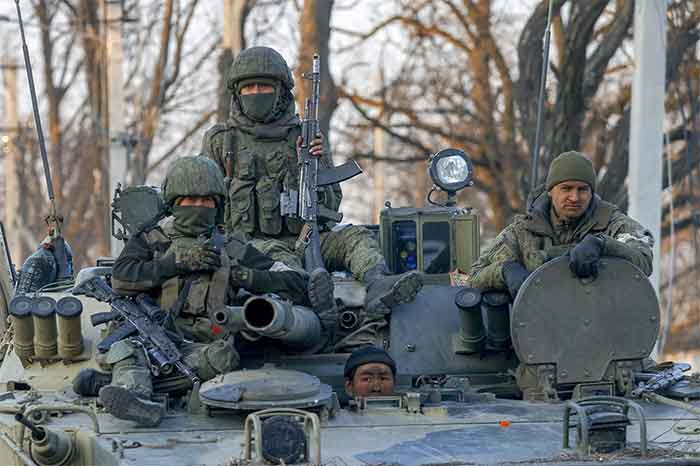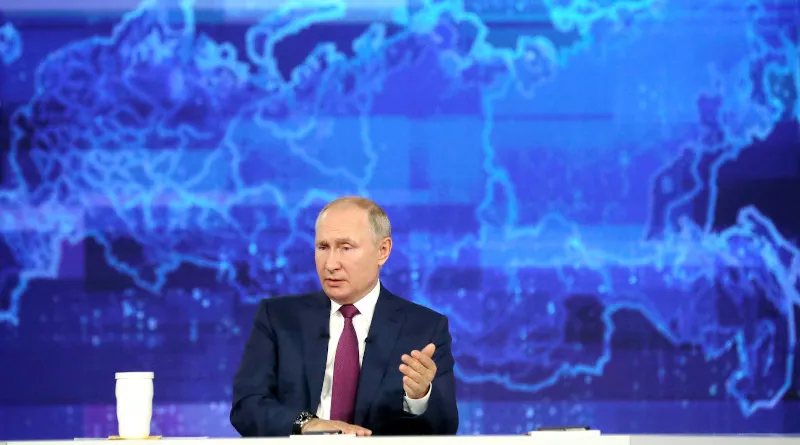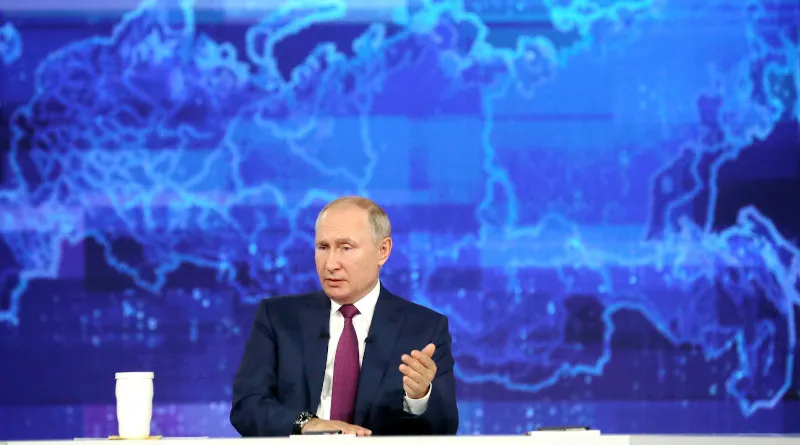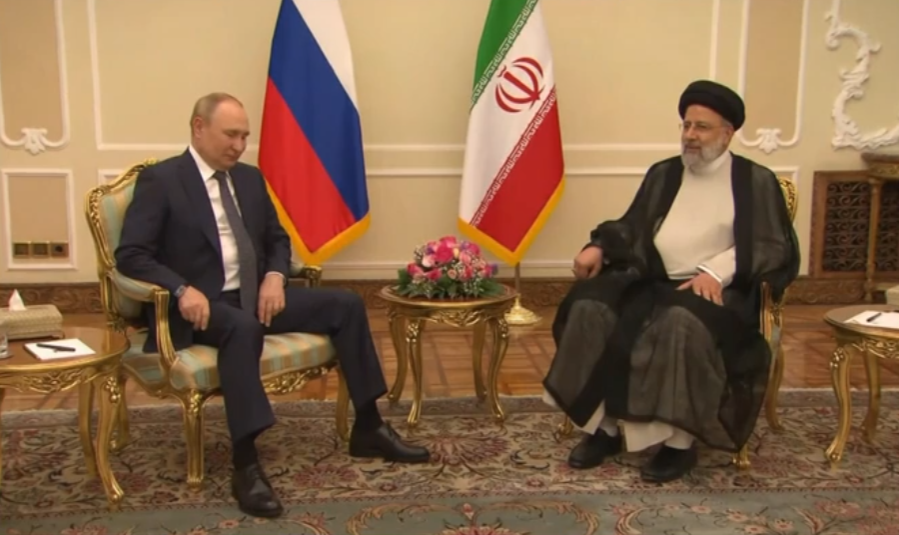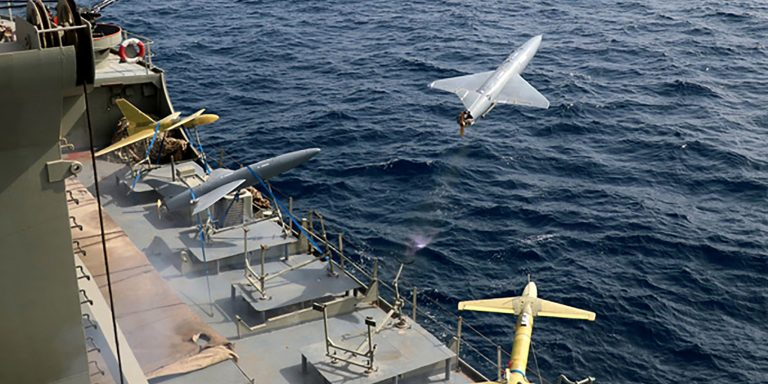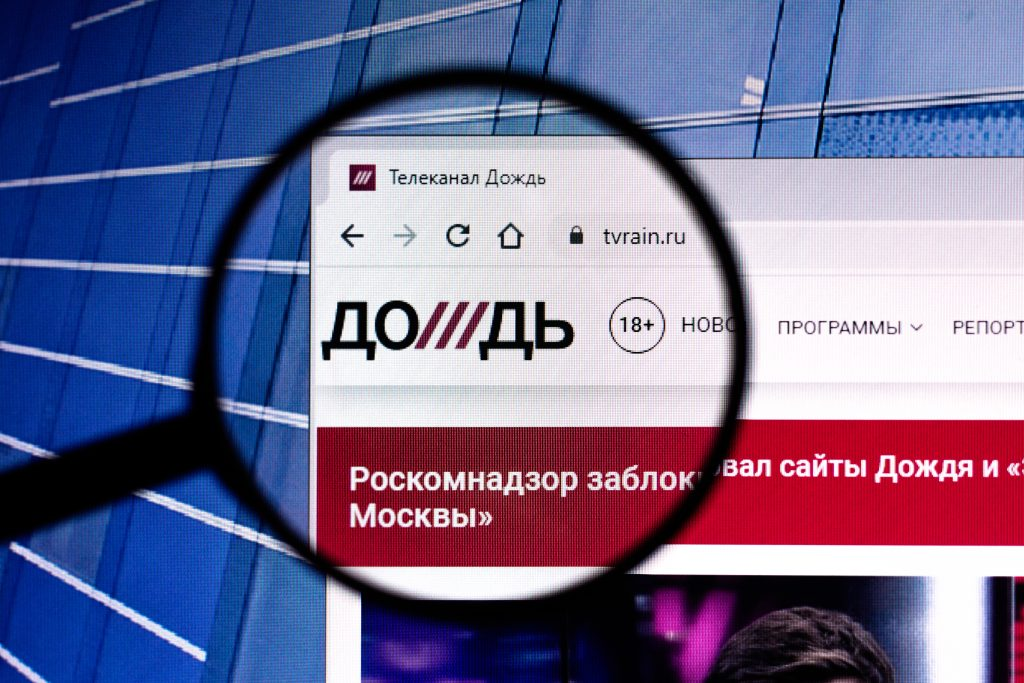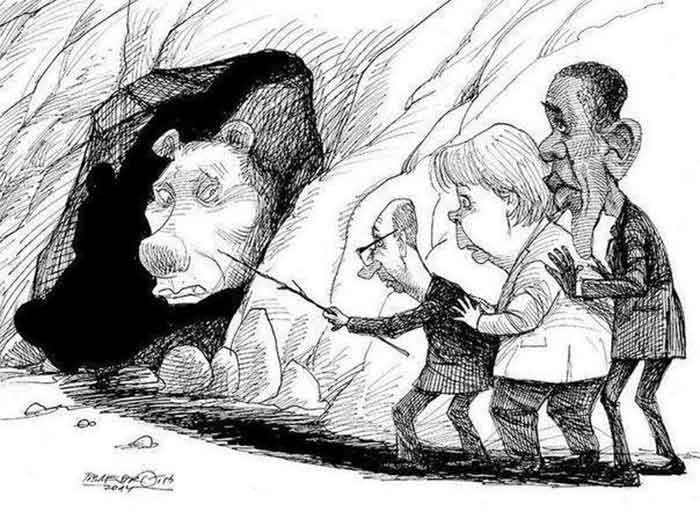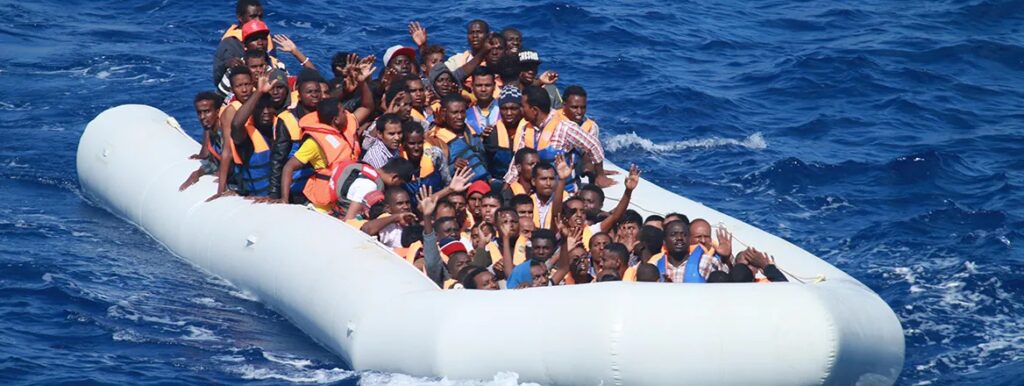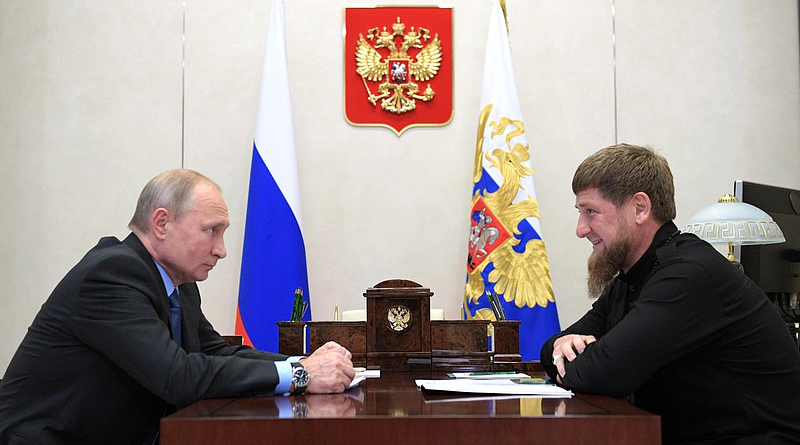Russian Foreign Policy Commentator Yusin: Mass Demonstrations In China May Force Beijing To Reduce Support For Russia
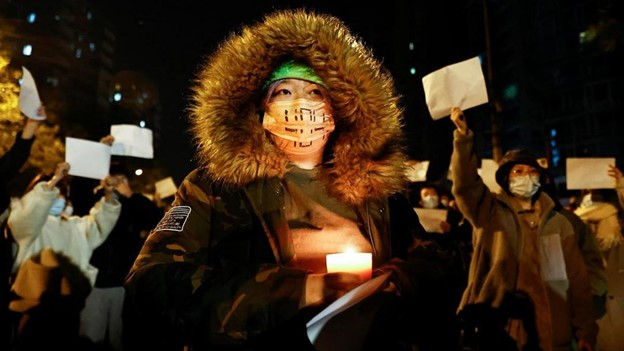
In the early days of the Covid pandemic, pro-Kremlin commentators praised China’s successful Zero-Covid policy as proof of the superiority of authoritarian regimes in protecting their citizens. China’s recent difficulties with this policy as exemplified by the harsh lockdowns and the mass protests that they have sparked, has not produced a reassessment of the original viewpoint. The earlier triumphalism had vanished, once Russia itself experienced difficulties in coping with the pandemic.

